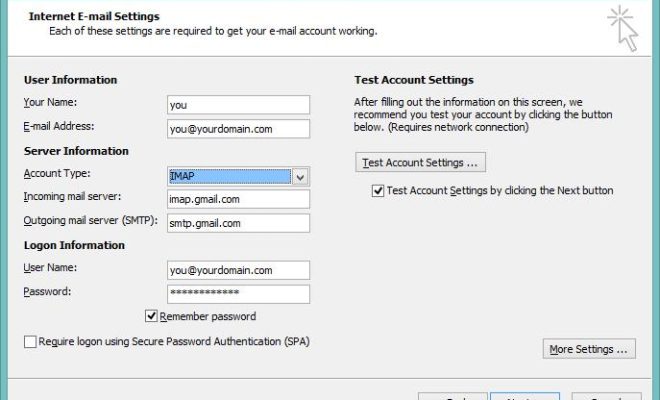9 Reasons Why Employers Don’t Post Salaries in Job Ads

The topic of salary is a touchy subject for many. For job seekers, it’s important to know how much a potential job pays, while for employers, it’s a careful balancing act of attracting the right talent with the right compensation. You may have come across several job ads that don’t mention a salary. Here are nine reasons why employers don’t post salaries in job ads:
1. Salary Negotiation: Employers want to avoid offering candidates the maximum amount they can pay. So, they prefer to keep the salary undisclosed so that candidates don’t base their expectations on the number. This way, the employer can negotiate with the candidate based on their experience level, skillset, and other factors.
2. Competitive Edge: Employers don’t want to reveal how much they’re willing to pay, especially if they’re in a highly competitive market. If their competitors find that they’re willing to pay higher salaries, then it could lead to a bidding war for the same candidate.
3. Budget Constraints: Some employers may not have a set budget for a specific position, so they’re still calculating how much they can afford to pay. There may be other factors that are in play before they can finalize an amount.
4. Market Rate Variations: Market conditions are subject to change, and salaries are no exception. Employers may not want to disclose salaries in job ads, especially if the market rate fluctuates frequently. By not posting a specific amount, employers can change their offers based on the current market rate.
5. Company’s Financial Stand: Some companies may not want to disclose the salaries they’re paying because it could raise questions about their financial standing. If a company is struggling financially, offering low salaries may not be ideal. On the other hand, if a company is highly successful, offering sky-high salaries could also lead to questions.
6. Internal Equity: Some companies may have internal equity policies that prohibit disclosing compensation. This is to ensure that internal employees don’t become bitter or dissatisfied if they find out that new hires are being paid higher salaries.
7. Diverse Openings: Employers may have job openings with different compensation structures for the same position. In such cases, it is best to avoid disclosing the salary in a job ad.
8. Attracting Appropriately Skilled Candidates: Employers may also want to attract a specific level of skilled professionals for a job. Offering a high compensation package may attract candidates who are overqualified for the position. By not disclosing the salary, employers can attract candidates who fit into their desired range of experience and skill set.
9. Different Regions: Salaries may vary based on different regions where the company operates. By not posting salaries, employers can negotiate with candidates based on their region.
To conclude, employers have several reasons why they don’t post salaries in job ads. However, job seekers needn’t worry, they can still find out the expected salary range when they schedule a call or meeting with the employer. Remember, research and preparation are key before you apply for any job opening.






